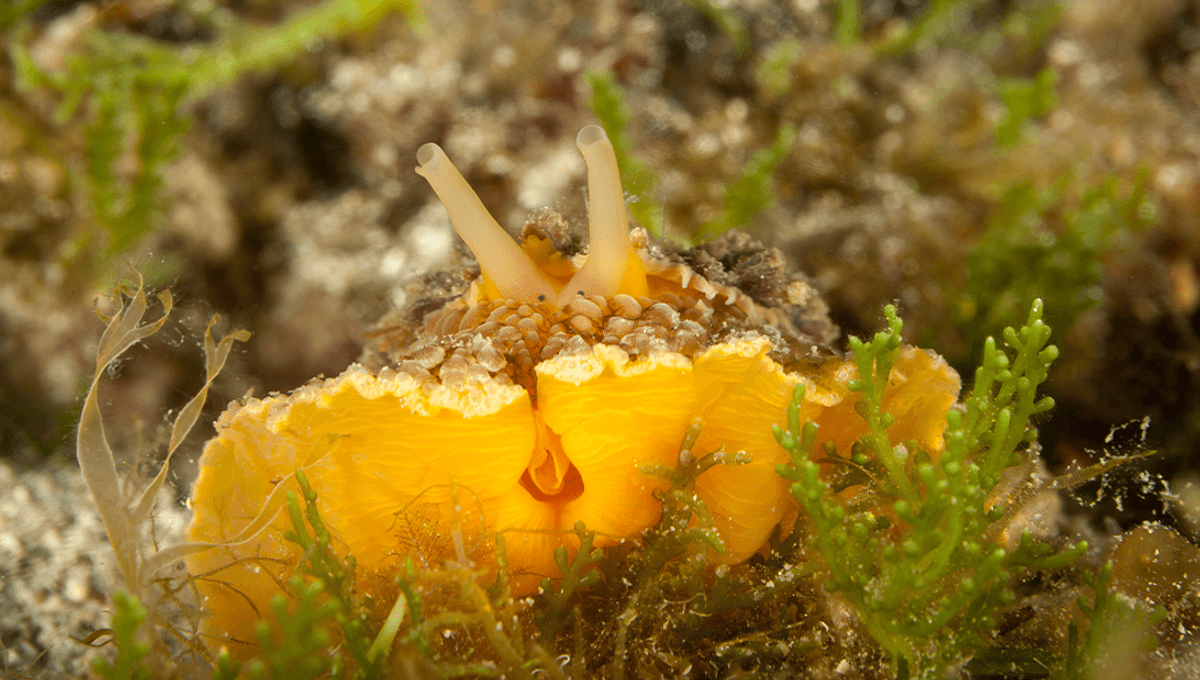
Say cheese and flash us those pearly whites! While most adult humans have 32 permanent teeth, or 28 if your wisdom teeth don’t behave, you might be surprised to learn that the animal world has us well and truly beat when it comes to the highest amount of teeth found in one mouth – and you might be extra surprised to find out that a snail has more than any other creature.
Let’s be clear – we’re talking about the most amount of teeth found inside the mouth of an animal at any one time, not over the entire animal’s lifespan (though those numbers are pretty unbelievable too).
Easily beating the human race is the giant armadillo (Priodontes maximus), with up to 100 teeth. This number is highly variable between individuals and is not world-beating, but is still impressive enough to give it the crown for the most teeth in a mammalian mouth at one time. These teeth help the giant armadillo mash up a diet of soft insects, particularly ants and termites.
Birds lost their teeth roughly 100 million years ago so can’t compete, and while some geese and goosanders have ridged parts to their beak to help grip and swallow prey, they don’t come close to the toothiest mouth contest.
Sneaking in to be the winner of the most teeth for a vertebrate is the common leaf-tailed gecko of Madagascar (Uroplatus fimbriatus). According to Guinness World Records, it “possesses 169 teeth on its upper jaw and 148 on the lower making a grand total of 317.”
Under the waves, things really start to progress and several species vie for the toothiest mouth in the ocean. Sharks are famous for having a lot of teeth over their lifetime, constantly growing new teeth in razor-sharp rows that can number into the tens of thousands across their lifespan. However, at any one time, great white sharks (Carcharodon carcharias) typically have around 300 teeth. A good entry, but not enough to win.
The Pacific lingcod (Ophiodon elongatus) has one of the sea’s most numerous sets of chompers, with around 555 teeth lining its wide jaws. Research suggests that they can lose as many as 20 teeth a day, and grow them back soon after – but even they can’t hold a candle to the toothiest creature of all.
That title goes to the humble snail, which according to the Glasgow Science Centre, has around 14,000 denticles (teeth-like structures made from chitin rather than the calcium compounds that mammal teeth are made of) lining its radula, a tongue-like organ.
“The radula is used by both carnivorous and herbivorous molluscs to rasp fragments of food into their mouth — hence the Latin name ‘radula’ [which means] ‘little scraper,'” said Tom White, senior curator of non insect invertebrates at the Natural History Museum in London. “Essentially, animals with radulae extend them — a bit like sticking out their tongue — and scrape at whatever they are feeding from,” he told Live Science.
An honorable mention should also go to the umbrella slugs (Umbraculum umbraculum); these sea-dwelling gastropods have a pretty funky mouth setup. Like land snails, they have a toothy radula with nearly 1,500 denticles in their mouth at one time, and go through a whopping three-quarters of a million of them in a lifetime.
Source Link: Which Animal Has The Most Teeth At Any One Time?